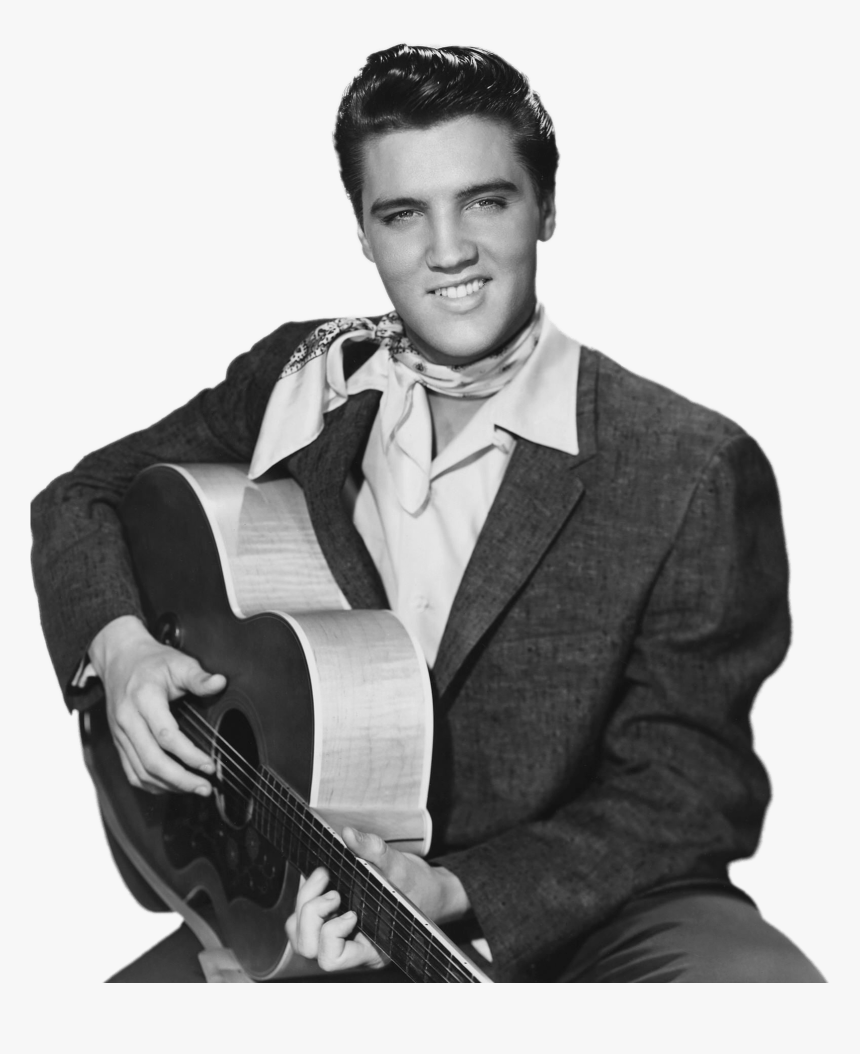- Homepage
- Elvis Presley
- Elvis Recorded “Lawdy Miss Clawdy” on February 3, 1956: A Hit R&B Classic Turned Country Band Favorite.0h
Elvis Recorded “Lawdy Miss Clawdy” on February 3, 1956: A Hit R&B Classic Turned Country Band Favorite.0h
“Lawdy Miss Clawdy” is one of the standout tracks in Elvis Presley’s early career, showcasing his ability to bridge the gap between R&B and rock ‘n’ roll. Originally written and recorded by Lloyd Price in 1952, the song quickly became a major hit in the R&B charts and established Price as a prominent figure in the music industry. Elvis’s rendition, recorded on February 3, 1956, brought the song to an even wider audience, cementing its place in the annals of rock ‘n’ roll history.

Elvis’s version of “Lawdy Miss Clawdy” is notable for its energetic and raw delivery, which captures the essence of early rock ‘n’ roll. Backed by his legendary band, which included Scotty Moore on guitar, Bill Black on bass, and D.J. Fontana on drums, Elvis infused the song with a youthful exuberance that resonated with a new generation of music fans. His vocal performance is both powerful and nuanced, demonstrating his ability to convey emotion and intensity through his singing.

The recording session for “Lawdy Miss Clawdy” took place at RCA Studio B in Nashville, Tennessee. This session was part of Elvis’s early efforts to establish himself as a versatile artist capable of performing across different genres. By taking on an R&B classic, Elvis not only paid homage to the genre’s roots but also showcased his unique ability to reinterpret and revitalize existing songs.
The song’s structure is relatively simple, featuring a straightforward 12-bar blues progression. However, it is Elvis’s interpretation that elevates the track. His vocal delivery, marked by its dynamic range and emotive power, brings a new dimension to the song. Additionally, the instrumental arrangement, with its driving rhythm and prominent piano played by Floyd Cramer, adds a layer of excitement and energy that makes the track irresistible.

“Lawdy Miss Clawdy” also highlights Elvis’s deep respect for African American music and his role in bringing it to a broader audience. By covering songs like this, Elvis helped to break down racial barriers in the music industry, introducing white audiences to the rich traditions of R&B and blues. This cultural crossover was a significant factor in the development of rock ‘n’ roll as a genre that transcended racial and social boundaries.

The song became a staple in Elvis’s live performances, often eliciting enthusiastic responses from audiences. Its enduring popularity is a testament to its infectious energy and the timeless appeal of Elvis’s performance. Over the years, “Lawdy Miss Clawdy” has been covered by numerous artists, but Elvis’s version remains one of the most beloved and influential.
In conclusion, “Lawdy Miss Clawdy” is a pivotal track in Elvis Presley’s discography, highlighting his ability to bridge musical genres and bring R&B classics to a wider audience. The song’s powerful performance and enduring appeal underscore Elvis’s role as a transformative figure in the history of popular music.
Video
Lyric
🎵 Let’s sing along with the lyrics! 🎤
Well lawdy, lawdy, lawdy miss clawdy
Girl you sure look good to me
But please don’t excite me baby
I know it can’t be meWell as a girl you want my money
Yeah but you just won’t treat me right
You like to ball every morning
Don’t come home till late at nightOh gonna tell, tell my mama
Lord, I swear girl what you been to me
I’m gonna tell everybody that I’m down in miserySo bye, bye, bye, baby
Girl, I won’t be comin’ no more
Goodbye little darlin’ down the road I’ll go
So, bye, bye, bye baby
Girl, I won’t be comin’ no more
Goodbye little darlin’ down the road I’ll go

